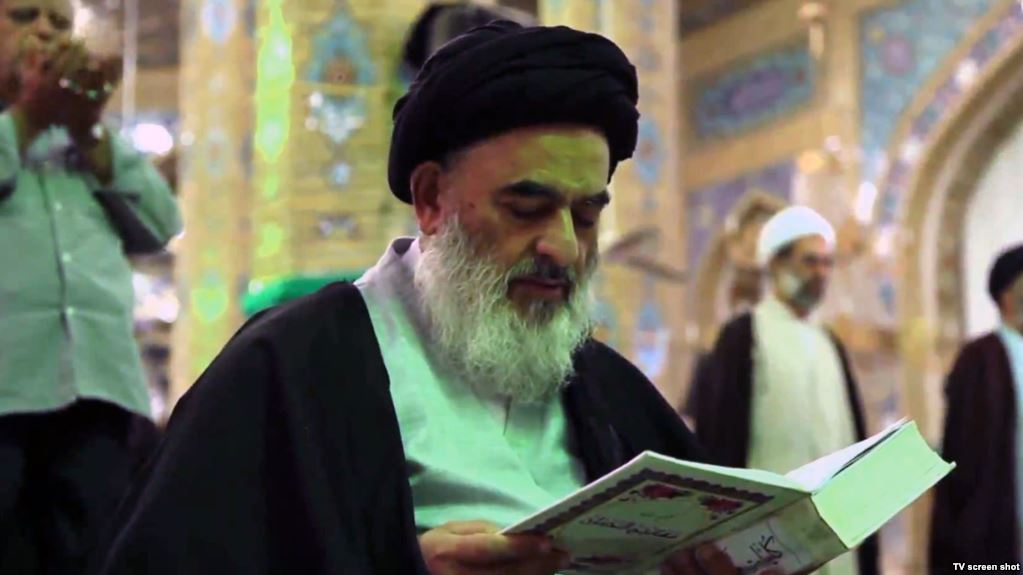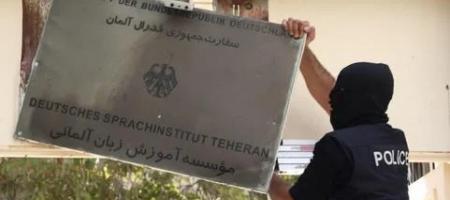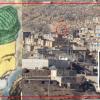
Four men armed with batons and daggers entered the Iranian embassy in London Friday afternoon and replaced the Iranian flag with the flag of a group called Khoddam al-Mahdi (Servants of Mahdi).
Iran’s ambassador to London Hamid Baidinejad on his Twitter identified the group as “members of the Shirazi cult,” a label Iranian officials and security forces usually use for the followers of Ayatollah Sadeq Shirazi.
Baidinejad added that the police is in control of the situation and London-based media reported that police has arrested the four assailant.
There are no reports of injuries to embassy staff.
Iranian foreign ministry’s spokesman Bahram Qasemi said that deputy Foreign Minister Abbas Araqchi has handed a strongly worded protest note to the British ambassador in Tehran demanding protection for the Iranian embassy and its diplomats and staff, reported Tasnim news agency from Tehran.
According to Qasemi, the British ambassador in Tehran has “officially apologized” for the incident.
Grand Ayatollah Sadeq Shirazi who is a high-ranking cleric and his son Hossein who was arrested on Tuesday March 6 in Qom, oppose Ayatollah Khamenei and his followers on the idea of Velayat-e Faqih, which is the underlying principle of Khamenei’s regime that makes him the “Supreme Leader”.
Hossein Shirazi’s arrest in Qom led to a sizeable demonstration in Karbala in southern Iraq, where Ayatollah Sadeq Shirazi is said to have thousands of followers.
The group Khoddam al-Mahdi that attacked the Iranian embassy in London is one of several Iraqi and Iranian groups that support Ayatollah Sadeq Shirazi as their “source of emulation,” a term used in Shiite jurisprudence for grand ayatollahs with large groups of followers.
Security forces have previously clamped down on Shirazi’s offices in Qom, and charged that Shirazi was behind foreign-based TV channels that sow discord between Shiite and Sunni Muslims.
Shirazi’s followers refute the acusations and say that Shrazi is being prosecuted for his “independent ideas.”














